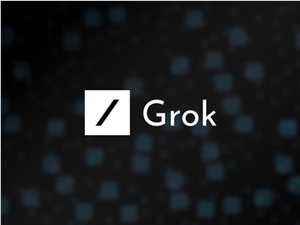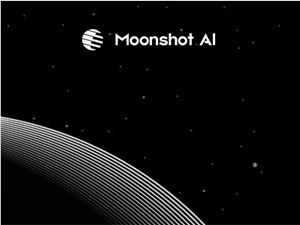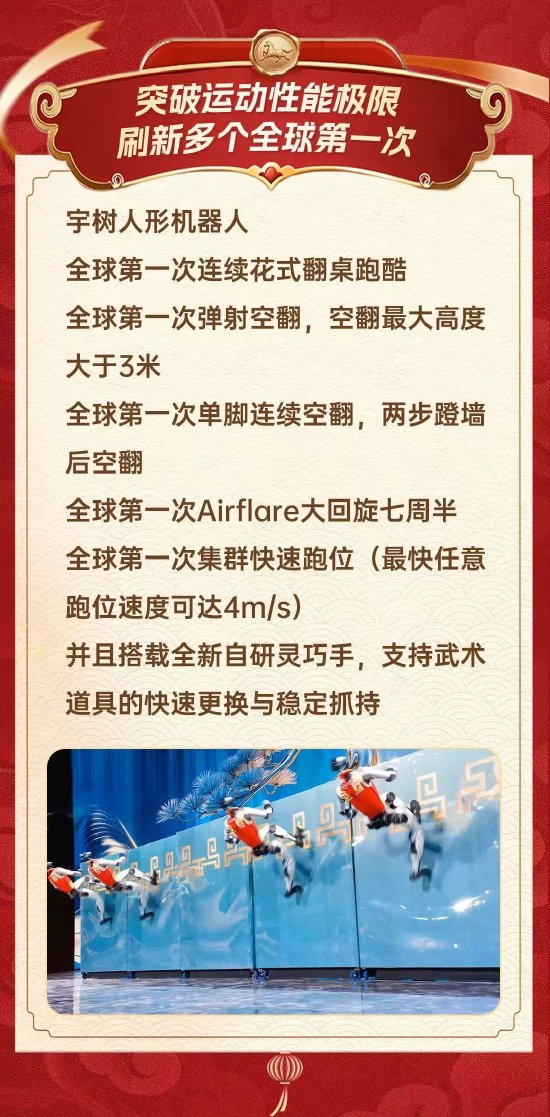Recently, the CEO of Abacus.AI made public comments, stating that Meta has successfully lured seven employees from OpenAI and once offered a 32 billion USD acquisition bid to Ilya Sutskever, the co-founder of OpenAI, attempting to bring his startup Safe Superintelligence (SSI) under its umbrella. This news has sparked widespread attention in the industry regarding the AI talent war. AIbase has compiled the latest online information to provide you with an analysis of this "storm" sweeping through the tech industry.
Meta's Aggressive Talent Acquisition Strategy: High Pay to Win Top AI Talent
According to the CEO of Abacus.AI, Meta recently lured seven employees from OpenAI and attracted top AI talents with high salaries and bonuses. Previously, Meta had attempted to acquire Ilya Sutskever's Safe Superintelligence for 32 billion USD, but the offer was rejected. Subsequently, Meta quickly turned to recruiting Daniel Gross, the CEO of SSI, and Nat Friedman, the former CEO of GitHub, and planned to invest in their venture capital fund, NFDG. These consecutive actions indicate that Meta is accelerating the construction of its AI super team through high salaries and strategic investments.
In addition, Meta invested 14.3 billion USD in Scale AI and successfully recruited its 28-year-old founder Alexandr Wang, appointing him to lead the newly established "Super Intelligence Lab." Industry insiders point out that Meta's aggressive strategy not only targets OpenAI but also includes competition for AI talents with tech giants such as Microsoft and Google, aiming to catch up with industry leaders and seize the high ground in the development of artificial general intelligence (AGI).
High-Value Offers Spark Debate: Can 32 Billion USD "Buy" OpenAI?
The CEO of Abacus.AI mentioned in his comments that Meta once offered Ilya Sutskever a 32 billion USD acquisition offer. This amount could theoretically "lure 320 employees from OpenAI at 1 billion USD per person." Although this statement carries a humorous tone, it ignited heated discussions about the extent of Meta's talent poaching efforts. The executives of Abacus.AI further stated that if OpenAI loses its core team, its industry leadership position might be jeopardized. This view reflects the high dependence of the AI industry on top talents and highlights Meta's ambition in the AI field.
However, Sam Altman, CEO of OpenAI, responded that despite Meta offering up to 1 billion USD in signing bonuses, the top talents of OpenAI were not attracted. He emphasized that OpenAI employees are confident in the company's potential to achieve super intelligence, and their culture and sense of mission have led them to stay.
Industry Trends Behind the AI Talent War: Comprehensive Competition from Technology to Talent
The AI talent war has intensified in recent years. Meta not only attracts OpenAI employees with high salaries but also locks in core talents of emerging AI startups through strategic investments and acquisitions. For example, Meta acquired a 49% stake in Scale AI for 14.3 billion USD and brought Alexandr Wang into its AI strategy core. Similarly, Microsoft recruited Mustafa Suleyman, the founder of Inflection AI, for 650 million USD, while Google reacquired the founder of Character.AI through high-value transactions.
AIbase analyzes that the competition in the AI industry has shifted from model performance to talent and data resources. Top researchers are not only drivers of technological breakthroughs but also key factors for companies to attract investment and build industry reputation. However, frequent talent mobility has also raised concerns about data privacy and commercial confidentiality. For example, Scale AI's clients may have concerns about how their data is used due to Meta's investment.
The Rise of Abacus.AI: A Challenger in Open Source AI
As a leader in the open source AI field, Abacus.AI has recently gained attention for its Smaug-72B model topping the Hugging Face open source large model ranking. The comments by the company's CEO not only highlight its keen insight into industry dynamics but also further enhance Abacus.AI's presence in the AI community. AIbase notes that Abacus.AI is attracting more developers to join its ecosystem by simplifying the process of developing large model applications, promoting the popularization of open source AI.
Future Outlook: Talent Competition or Industry Collaboration?
Meta's aggressive talent acquisition strategy has prompted the industry to reflect on the AI talent market. On one hand, high salaries and equity incentives provide researchers with more choices; on the other hand, excessive talent mobility may lead to the fragmentation and waste of technological development. AIbase believes that future competition in the AI industry not only requires attracting top talents but also needs to promote the wide application and ecological development of technology through open source collaboration and standardization.
This AI talent war is far from over. How major players such as Meta, OpenAI, and Google balance technological innovation with talent strategies will determine the future landscape of the AI industry. AIbase will continue to monitor the latest developments in this field. Stay tuned for our follow-up reports!










